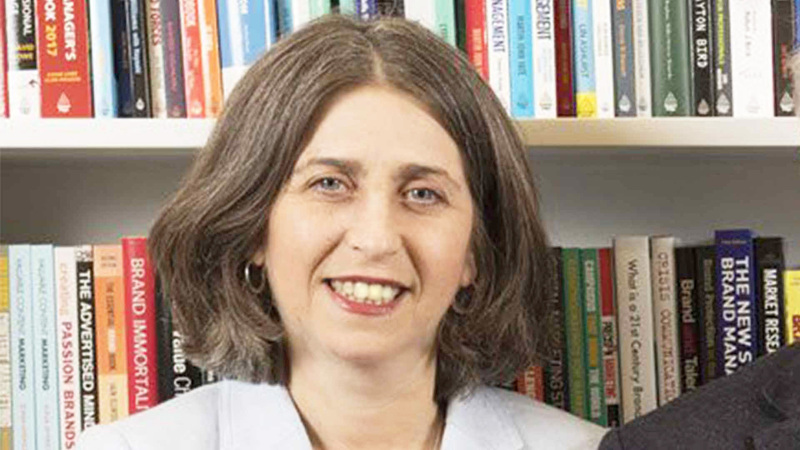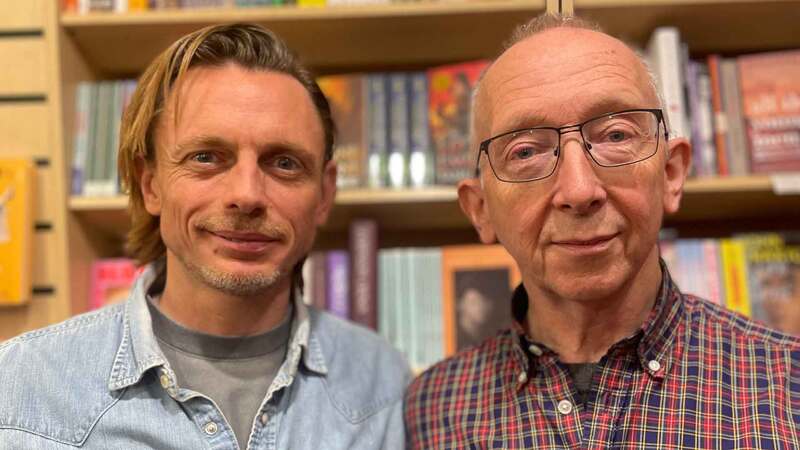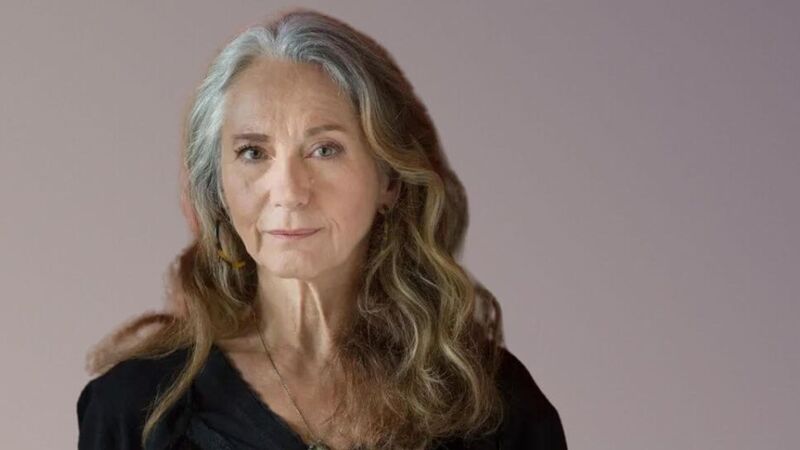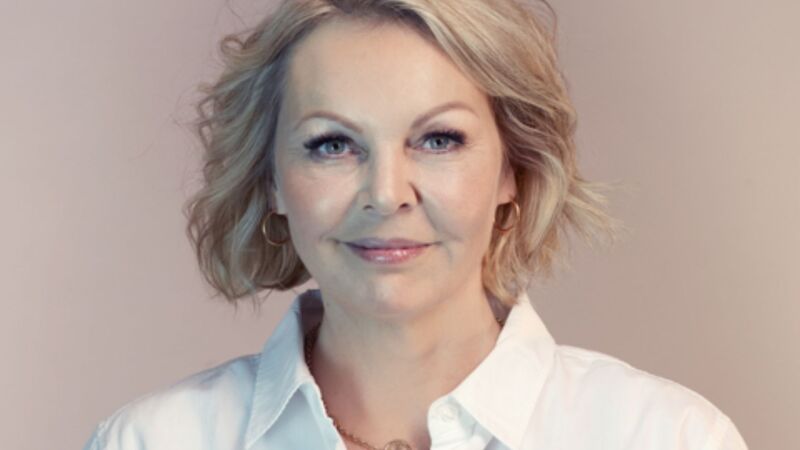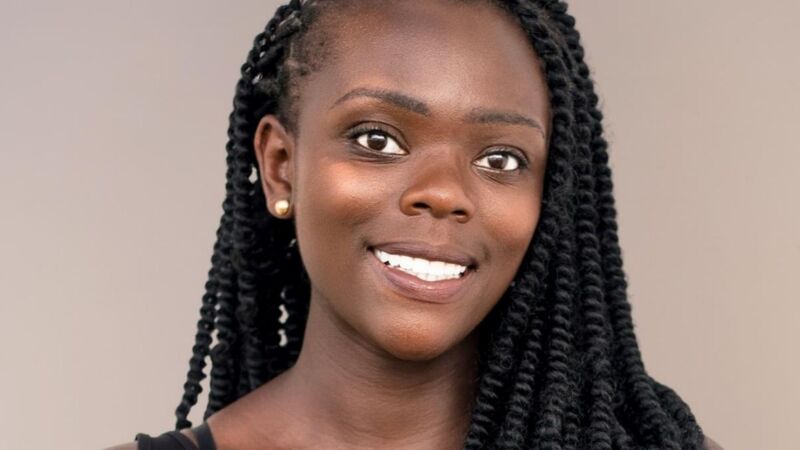You are viewing your 1 free article this month. Login to read more articles.
Writing schools expand amid surging demand but industry divided on merits
Online writing schools are expanding amid a lockdown-fuelled surge in demand, but the industry remains divided over the merits of such courses.
The Novelry recently announced an expansion with newly recruited PRH editors Lizzy Goudsmit Kay, Lily Lindon and Tash Barsby, while prestigious companies such as Faber and Curtis Brown also run established and well-respected courses for aspiring writers online and in-person. Newer, smaller organisations are starting up, such as the London Writers' Salon, which offers a range of events now pivoted to online, including a free daily “Writers' Hour” on Zoom, while the Rewrite platform provides courses for Black women and women of colour.
Jonny Geller, c.e.o. at Curtis Brown, believes this industry will continue to grow. He said: “The demand for online learning surged during lockdown, especially for those able to convert their physical courses to virtual and not diminish the offering to students. Although creative writing is a highly specialist area, I do anticipate more entrants into the market." Geller said courses "without doubt" cut through the slush pile.
Nicola Solomon chief executive of the Society of Authors, emphasised the “many positives” of courses, such as structure, building a community and finding early readers, as well as providing an income stream for established writers. “Having the opportunity to add tutoring and mentoring schemes like these to your author portfolio can mean the difference between a career in writing being economically practical or not,” she said.
Sophie Jonathan (pictured right), editorial director at Picador, said: "I wouldn’t say that I in any way prioritise books that have come through creative writing courses. But I absolutely see why people do them. For a lot of writers it’s about finding a community. I think it’s quite frightening writing a novel. It can be a terribly lonely experience."
She said: "It’s about ways of making sure you’re looking at every angle from every angle... and providing writers with opportunities to get their work in front of you. It's important that we ask ourselves why the traditional channels have not been working.
"It’s all very well being a writer but if you don’t understand how publishing itself works that can be a real barrier, so transparency and information about the industry is important. That is something that these programmes will offer."
However, although some institutions are well established, with "hundreds" of writing schools now springing up in the UK, many who spoke to The Bookseller advised caution and urged potential students to choose carefully. “Our concerns are less about the opportunities available and more about what is being sold," Solomon said. "Do they sell the promise of improving your writing craft? Or do they sell the promise that you have more chance of being spotted by agents and publishers, and landing that elusive publishing deal? There is a risk that some of these courses sell dreams, positioning themselves as a mandatory step on the journey to publication."
Literary agent Julie Crisp also warned about expectations set by courses. “I would worry about any guarantee of publication or agency representation with a writing school," she said. "No agent charges for reading submissions so, if at some stage an agent directly affiliates with a writing school, then will there be an assumption from an author that paying for a course with that school gives them a greater chance of representation? And what does that mean for diversity and inclusion for anyone who can't afford the course?”
Crisp, along with many others who spoke to The Bookseller, is worried about prohibitive fees offered by some schools. “My biggest concern would be that the cost associated with some of the courses would put them out of reach of certain socioeconomic groups. I would have been totally priced out of being able to afford it.”
Solomon agreed, saying: "We work in an industry that is only just beginning to overcome its historical lack of inclusivity. How do we make sure we don’t replace that with an expensive new, albeit implicit, barrier to entry?”
Kevin Duffy, publisher and founder of indie press Bluemoose Books, echoed this, commenting: “Getting more people writing is a good thing, but there are huge issues around managing the expectations of those attending the courses, exploitation, cost and access. The monetisation is a concern and many will not be able to afford such fees—and many will not even be aware these courses are available, thus excluding whole communities.”
Ruth Harrison, director of Spread the Word, believes that the high cost of courses could be a barrier to increasing author diversity. She argued: “If the industry as a whole is committed to becoming more representative, and one of the key channels it has to identify talent are schools, then there are numerous issues with regard to inclusivity and accessibility. Many of the schools are cost-prohibitive and need to offer more bursaries and payment plans, and move away from the tokenistic ‘scholarship’ places currently offered.”
The lack of criteria for applicants beyond money was also a concern cited by some. Natasha Carthew, author and founder of Working Class Writer’s Fest, said: “There doesn’t seem to be any criteria for most of the ‘schools’, just a, ‘You’ve got money? Great’-type approach. A quick internet search reveals hundreds of schools in this country alone and most come with no credentials. Their talent lies in being able to extract money from aspiring authors and most offer misleading discounts, mainly through payment plans.”
Many of those who shared insights offered advice to potential course applicants. Author Kit de Waal (pictured, left), believes courses can be useful, but also urged applicants to do research. “Courses are incredibly expensive, some of them—MAs in particular—coming in around £7,000 to £9,000," she said. "Is this the best use of that money? Is there a way you could design your own MA and do a series of courses? Or do you want the immersion an MA can offer? Ask around, try and find ex-students, look at student reviews. Never go for a course that promises publication. Never go for a course that promises you will complete a novel in a year. How could they possibly know that?”
Geller advised: "Look out for any 'extra charges'—editorial services or such like, that are add-ons. Look for testimonials and social media recommendations from former students, look up the quality of the tutors and talk to someone running the courses to get a feel for it.”
He said Curtis Brown Creative aims to be as inclusive as possible, with scholarships such as one recently launched in John le Carré’s name, and a Breakthrough Writers Programme for diverse candidates. "There are more opportunities for writers wanting to be published than ever before, so I do believe creative writing courses democratise publishing," Geller added.
Anna Davis, m.d. of Curtis Brown Creative, explained the three-year Breakthrough Writers Programme has resulted in free teaching and mentoring to 46 writers so far this year. “We currently have a further three scholarships open for application, plus a mentoring programme for five disabled writers due to start in October. The programme is funded by Curtis Brown Group and by sponsorship from companies and individual authors. We had already been running scholarships to our courses for some years, but now we are increasing our work around diversity and inclusion via the programme. We still have a long way to go and a lot more work to do around inclusivity, and will continue to strive to be better.”
She also believes the courses are accurately marketed. “Our paid creative writing courses span a range of different prices and styles of content. Prices do have to factor in our costs—with our biggest courses being very expensive to run—and we are obliged to factor in VAT also. We seek to offer good value for money, and have had very few price rises in our 10 years of operation. We are careful not to promise that students will get representation at CB or C&W through taking our courses.”
The Novelry founder Louise Dean defended her pricing strategies and said she also wanted to "democratise" the writing process after recently detailing expansion plans. She told The Bookseller: “We're very deliberate and careful with our pricing to ensure that we come up with a much better price than the competition. [It's] part of our mission to democratise writing. We want to expand our provision as far as possible. The creative writing MA would typically cost between £7,000 and £10,000 and our course, the finished novel course, is equivalent, but is priced at just under £3,000. We realise that it can't fit every budget and we do offer bursaries and scholarships as well—we just don't shout about them. But we do have people on those.
“Everybody gets a first draft done, and then they have the rest of the year to polish it up, because we all know that a first draft isn't a finished novel. So they have got plenty of time then with us to polish it up. So we start with their story right up front and focus on it, then we put a first draft together and come back to the story with our wonderful editorial team in the second half of the year, hunkering down.”
Some other courses aim to directly counteract the lack of diversity in publishing. Rewrite provides affordable creative writing courses for Black women and women of colour after founder Christina Fonthes came to London in 2016 and found the publishing scene “super elitist and super competitive”. She said: “One day I just put something up on [website] Meetup in the start of 2018 and by June it was a registered company because people wanted it. The feedback that we get after somebody has graduated from a course is, ‘Thank you for this writing community that understands our needs, because our needs are different from other women’s, or other people’s, or other writers in general’.”
Rewrite courses cost between £65 and £300. “Rewrite has always been about being financially accessible because I myself have always struggled as a writer," Fonthes said. "I don’t want you to choose between buying nappies or coming to a writing course. Our main thing, when we have the agents and publishers come in, was always to demystify money, because people do not talk about money in this industry. Half of us have no idea what a writer earns. We don’t know what these things are, we don’t know the language.”








